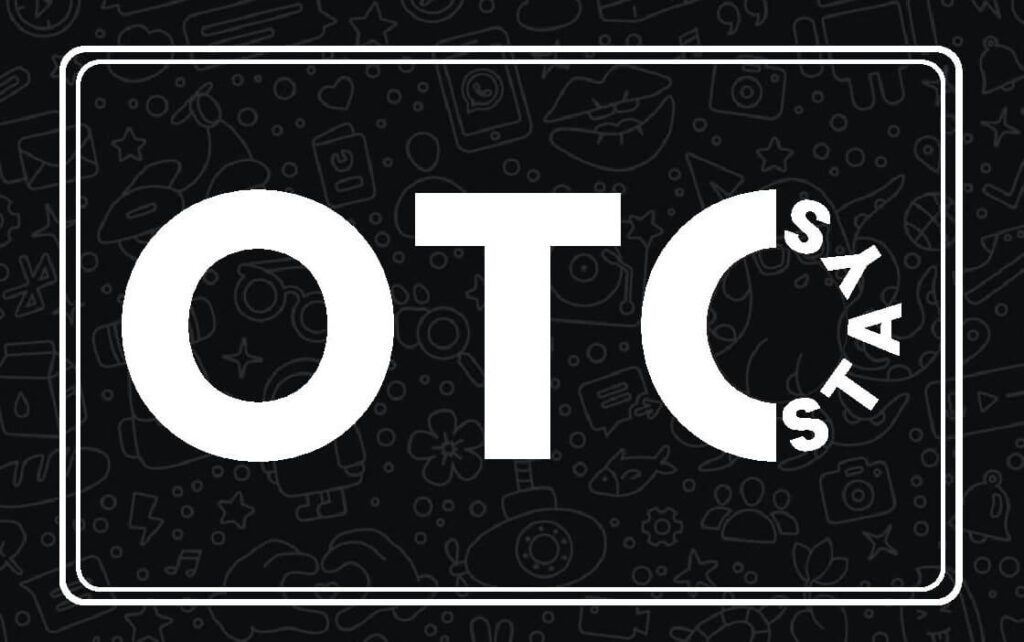
The Reasons ADHD Diagnosis Private Is Harder Than You Imagine
 ADHD Diagnosis – Holding Private Clinics to Account
ADHD Diagnosis – Holding Private Clinics to Account
BBC Panorama’s investigation into private clinics that diagnose ADHD is making them accountable. It is claimed that private clinics are over-diagnosing ADHD.
Many people are seeking an independent ADHD diagnosis due to the fact that they don’t want wait for a referral from NHS. It can take months to be diagnosed by your GP.
Symptoms
If you are struggling with ADHD symptoms that affect your professional and personal life There are options for treatment. This could include psychotherapy or medication. Understanding your symptoms and their impact on your life will help you select the appropriate treatment.
The main signs and symptoms of adult ADHD are impulsivity, hyperactivity and inattention. While we all exhibit certain behaviors at times, those with ADHD experience them more frequently than others and more frequently. These symptoms can cause serious problems in their life and can have a negative impact on their relationships, work performance, and overall health.
ADHD can make it difficult to listen, concentrate and follow instructions. It can cause issues at home and at school and cause people to feel frustrated and overwhelmed. It can also cause people to feel anxious and fidgety and result in them having difficulty planning and organizing tasks. It can cause difficulties with appointments and obligations. It can also cause people to forget important things like keys, money or mobile phones.
Symptoms of ADHD can also lead to problems with eating and sleeping and can have a negative impact on overall health and wellbeing. Unmanaged ADHD can be linked to depression and anxiety.
ADHD is not curable, however treatment can reduce symptoms and their impact on your life. You will require a psychiatrist or another qualified healthcare provider to discuss your symptoms. They will ask you to describe how your symptoms affect your daily life and whether they have an adverse impact on your work, home and social life. The doctor will then recommend the most effective treatment plan for you.
You are able to be directed by your GP to an adult ADHD specialist or contact Priory and request an assessment on your own. If you’ve been diagnosed with adult ADHD it is possible to create an agreement for shared care with your GP to pay only NHS prescription costs. This can be arranged for an additional cost.
Diagnosis
Getting diagnosed with ADHD is an important first step to find the appropriate treatment for your symptoms. Depending on the individual manifestations and how they impact your daily life, treatment options can differ from medication to cognitive behavior therapy to coaching. The best option is an extensive evaluation and diagnosis from an adult ADHD specialist. If your doctor refuses to recommend you, request a referral from a private healthcare clinic such as Priory or any other well-known hospital that is specialized in adult ADHD evaluations. These specialists are experts in diagnosing ADHD, and can provide a precise diagnosis to you within a few short weeks.
Diagnosing ADHD in adults is more difficult than diagnosing ADHD in children, as the symptom guidelines utilized by psychologists are geared toward identifying problems in kids. In addition to taking your medical history, your specialist will likely conduct a clinical interview and may also use questionnaires. Some doctors might even conduct an examination of the brain to determine if your brain is working in the way it should.
A complete assessment will include a mental health screening since 80% of adults with ADHD also suffer from another disorder like autism or post-traumatic disorders (PTSD). To be properly assessed, you should always visit an expert psychiatrist or diagnosis therapist who specializes in mental health.
If you are unsure who to call for an evaluation or diagnosis, talk to your GP or call your insurance company. They can inform you which professionals are experienced in diagnosing adults with ADHD and are part of the network. You can also contact your local chapter of the National Alliance on Mental Illness (NAMI) or CHADD to get recommendations for professionals in your area. Finally, if there’s an ADHD support group in your area Ask for recommendations from those who attend the group.
A thorough ADHD assessment typically takes 1.5 hours and includes an online test as well as an interview with a clinician and the completion of a variety of tests that are validated. The result of the assessment will be a thorough report that your specialist will direct to your GP or in a letter.
Medication
If you are experiencing symptoms of ADHD and they’re affecting your daily life or relationships you should seek assistance from a professional. First, visit your GP and ask for an appointment for an assessment. The GP will be able to assess your symptoms and read documents such as school reports. They will only refer you to specialists if they believe that you meet the criteria for a diagnosis.
You should make an appointment with the specialist once you have been referred. The doctor will ask you about your symptoms, family history and history. They will also evaluate the current state of your health and your lifestyle. They may suggest medication to treat your symptoms. They will go over the potential risks and benefits of the medication and decide which one is the best choice for you.
The medications used to treat ADHD are referred to as stimulants. The most frequently used medication is methylphenidate. It is a stimulant in the brain. It can be prescribed as tablets with immediate release that are taken two or three times per day, or as modified release tablets that are taken every day and released throughout the day. Methylphenidate is suitable for adolescents, adults and children. Your specialist will discuss the duration of the medication with you.
Some media coverage of private adhd assessment online uk ADHD assessment and treatment could create the impression that these clinics are “shady”. BBC Panorama’s documentary named The ADHD Scandal but later renamed Private ADHD Clinics Exposed is a great example.
The NHS is struggling to meet the demand for ADHD assessments as well as treatment and assessment. However, this shouldn’t detract from the fact that people who would like to be diagnosed and treated for ADHD should be able to access high-quality healthcare. Simply because the healthcare provider is charging for their services does not mean they are free to ignore the rules or ignore evidence-based practice. They must still follow the guidelines established by the National Institute of Clinical Excellence. This is true for GPs, consultant psychiatrists and private ADHD specialists too.
Treatment
The right diagnosis for ADHD is an essential step to manage your symptoms. Your GP may refer you to a private speciality clinic like an Priory hospital or a wellbeing center for an assessment. The clinic will give you a full report of the results. Additionally, they will assist you in managing your symptoms to help you live a more fulfilling life and improve your overall health.
The first step of the process is to complete a questionnaire. This will usually ask you to rate your behave in various situations. For example at school, work or with your friends. You may be asked to bring someone from your family for assistance. Your therapist will utilize the details you provide to develop a treatment plan that is specific to your needs. They will examine your symptoms and how they affect you in different situations and your current life difficulties. They will also suggest other treatments that might be beneficial, like cognitive behavioral therapy (CBT).
Once you’ve had an assessment, your doctor will prescribe medication if needed. They’ll consider your symptoms, age, and other aspects. They’ll also consider whether other conditions such as depression, anxiety, or bipolar disorder may be contributing to your ADHD.
A thorough exam is essential to make an accurate ADHD diagnosis. This includes taking medical history, performing psychological and physical tests and analyzing your responses to questions. The doctor will inquire about any other health issues you’ve experienced and will examine other possible causes for your symptoms, like thyroid issues or depression.
In certain instances, the GP or psychiatrist may decide that you don’t meet the criteria for an ADHD diagnosis. It could be because the symptoms are too broad or an alternative condition is better suited to explain your symptoms. If you’re not pleased with your decision you may request a second opinion from another psychiatrist or GP.
In addition to prescribing medications as well, your psychologist will assist you in developing strategies to deal with the challenges of living with ADHD. They will give you advice on how to manage your symptoms at home, at school and at work. They will also offer assistance and advice on developing a an optimistic self-image so that you can conquer your symptoms.
